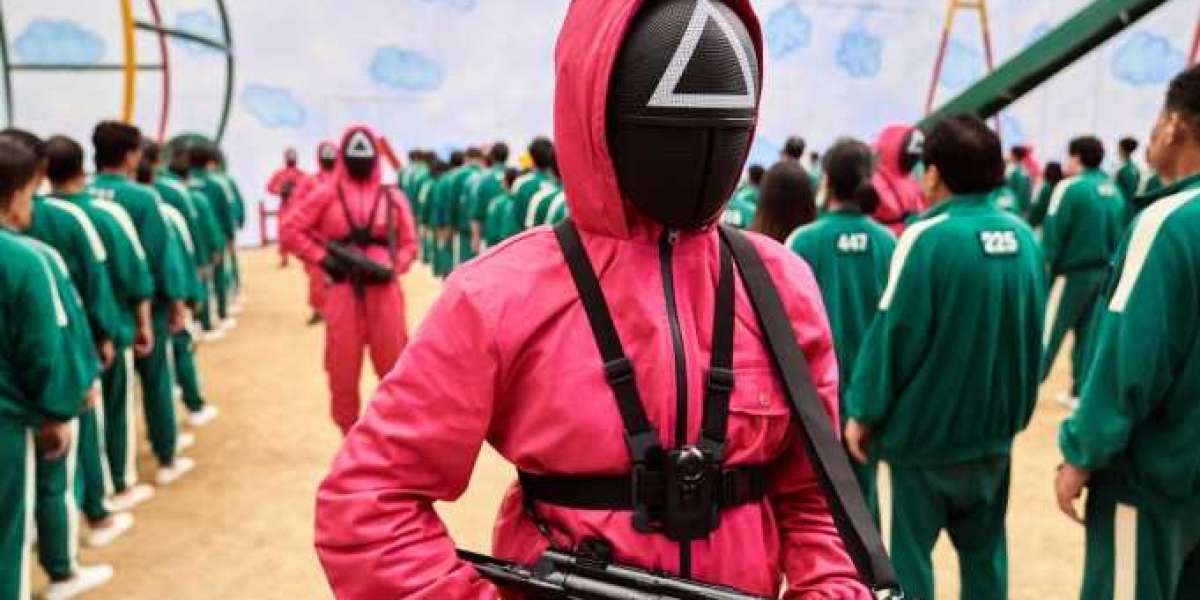Everyone gets upset. Sometimes things don't go the way we planned, and it is perfectly normal to feel infuriated and express these feelings.
Koreans have their phrases to get their frustration across when they're upset about something or someone. You probably already heard these expressions from your favorite actors and actresses in K-dramas. Here is a short list of Korean phrases to use when you are frustrated:
1. AISSI (아이씨) - This is pronounced as (ai-shi). Koreans use this when things don't go their way or when something bad happens. A near equivalent will be "darn it" in English.
EXAMPLE: 아이씨, 발을 헛디뎠어! (Aissi, bareul hotttidyosso!) "Darn it, I tripped!"
2. MICHIGETDA (미치겠다) - This means "this is making me crazy" or "this is driving me mad". You can say this when you're upset or at your wit's end and don't know how to deal with a situation.
EXAMPLE: 어떻게 해야 할지 모르겠어요. 미치겠다! (Ottoke haeya haljji moreugessoyo. Michigetda!) "I don't know what to do. This is driving me mad!"
3. SOKSANGHAE (속상해)- This means "I'm upset".
Soksanghae can be a phrase you use when telling a friend about how you feel at the end of a long day or just expressing your frustration with something that happened.
EXAMPLE:
Friend: 오늘 기분이 어때? (Oneul gibuni ottae) "How do you feel today?"
You: 속상해. (Soksanghae) "I'm upset."
4. DAPDAPHAE (답답해)- Ever explained something to someone so many times, and they don't get it? Or felt frustrated staying home all day because of the pandemic? You might be feeling dapdaphae. This word is not just limited to feeling frustrated. It can be used for when the room feels very stuffy or cramped, among others.
Here's a guide using the word dapdaphae:
5. JJAJEUNGNA (짜증나)- This is a close equivalent of "annoyed" or "irritated". You can say this when you're upset or angry about something that happened or if someone did something wrong to you.
EXAMPLE: 조용히 해. 난 짜증. (Joyonghi hae nan jjajeung) "Keep quiet. I'm annoyed."
There you have it; these are five Korean expressions you can use to communicate your frustration.
Fair warning, however, that most of these terms are considered informal language. Ideally, these should not be uttered in the presence of or towards a superior or an older person because it can be deemed very disrespectful. Koreans are very big on respect so use these terms wisely in the context of the social situation.



